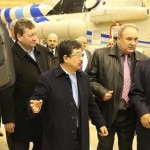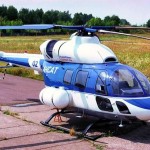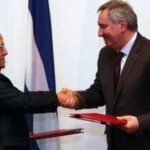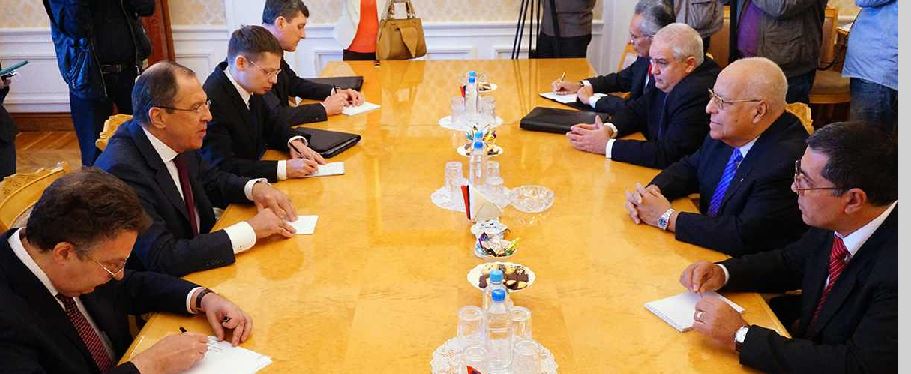
Russia and Cuba agree on 5-year development plan
Russia and Cuba have signed far-reaching agreements that will benefit a five-year plan for the socioeconomic development of Cuba, the Russian media reported lavishly on Thursday (April 23).
“[On Wednesday] we signed a priority agreement that meets the priority needs of our economy, industry, transportation and other spheres,” said Ricardo Cabrisas Ruiz, vice president of the Council of Ministers and chairman of the Cuban side attending the 13th Russo-Cuban Intergovernmental Meeting on Trade, Economic, Scientific, and Technical Cooperation that took place this week in Kazan, Tatarstan.
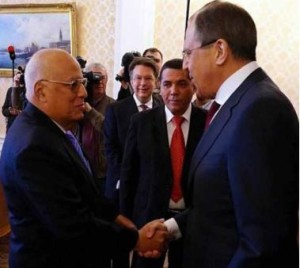
“My delegation had the opportunity to exchange views with the Russian side on the active participation of the Russian Federation in programs that make up the plan for the socioeconomic development of Cuba for the period 2015-2020,” he said.
Cabrisas’ counterpart, Deputy Prime Minister Dmitri Olegovich Rogozin, signed the agreements for Russia. They involve aeronautics, metallurgy, medicine, railway transportation and other sectors.
[https://progresoweekly.us/russian-official-praises-u-s-move-urges-caution/]
In the field of aeronautics, Russia agreed to furnish Cuba with Ansat light helicopters, made in Kazan. Two of them will be immediately sent to Cuba, where eventual assembly, distribution and sale to other Latin American and Caribbean countries will take place. Plans include establishing a service center for Kazan helicopters in Cuba.
In the field of medicine, the parties agreed on the sale of Cuban-made pharmaceuticals to Russia. Russia will test the products and, if it finds them satisfactory, will sell them in its territory.
Intent on promoting its GLONASS navigational system (the Russian competitor to the United States’ GPS), Russia will discuss with Cuba the construction of ground stations on the island.
“In view of the United States’ refusal to place in its territory GLONASS ground stations for the callibration signals, we are quite willing to negotiate with the Republic of Cuba, thus solving the problem of providing users with the needed precision signals,” Rogozin said.
Tatarstan will continue to provide Cuba with Kamaz trucks and heavy construction vehicles, in its desire to make Cuba a gateway to Latin America for its products.
That country’s president, Rustam Minnikhanov, told the Cuban delegates that Tatarstan would also cooperate in developing industries such as petrochemicals, tire manufacture and mechanical engineering.
“We need to give new momentum to our relationship,” Minnikhanov said.
Cuba has been actively inviting regional Russian republics to participate in the redevelopment (“actualization”) of its economy. Recently, Fidel Castro’s son, Fidel Castro Diaz-Balart, and the Cuban ambassador to Russia, Emilio Losada García, visited Novosibirsk and Kazan to increase contacts between the scientific communities of Russia and Cuba.
On Wednesday (April 21), a delegation from Novosibirsk led by First Deputy Prime Minister Vladimir Snatkov visited Cabrisas at the Cuban Embassy in Moscow to reiterate his region’s interest in expanded relations with Cuba on medicine, biotechnology and telecommunications.
After the meeting of the intergovernmental commissions, Cabrisas flew to Moscow on Thursday (April 23) to discuss its results with Russian Foreign Minister Sergei Lavrov. Next, Cabrisas will meet with Prime Minister Dmitri Medvedev.
[Photo at top of Foreign Minister Sergei Lavrov and Ricardo Cabrisas at the table in Moscow. To Cabrisas’ right is Cuban Ambassador Emilio Losada García.]


